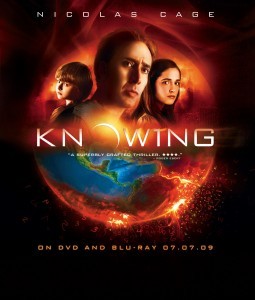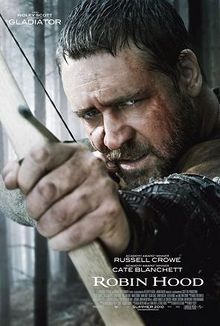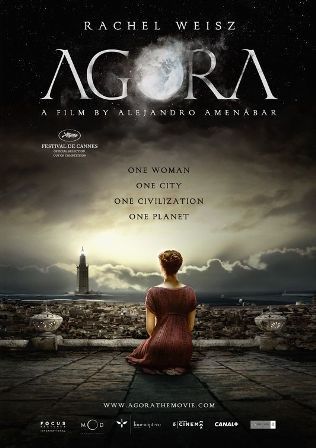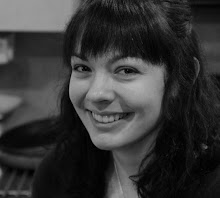Never have I felt quite as insulted when reading a review of any novel, film, or television series, as I was when I read New York Times critic Ginia Bellafante’s “review” - if you can call it that - of the new series, Game of Thrones, and I am most certainly not alone.
The review came to my attention as I stumbled across the waves of anger and backlash that flowed across the internet in the wake of Bellafante’s article being posted on the NYTimes website, and out of curiosity, I endeavoured to investigate. I wondered, what could have possibly triggered so much frustration and fury from so many people? What I discovered, as I read Bellafante’s article, was enough to have me seeing red.
To begin with, I have sadly never read George R. R. Martin’s A Song of Ice and Fire series of novels, though I do own the first one and intend to read it this summer. I had seen some of the promos for the new HBO series and had long since made the decision to check it out (hey, it’s epic fantasy, a genre I’ve loved since I was eight years old - why wouldn’t I watch it?). I didn’t know much about it other than what I’d been told by enthusiastic fans (I used to work in a bookstore, so I interacted with ASoIaF fans often as they arrived every couple of months or so to inquire as to the new publishing date for A Dance With Dragons). So, like many others, I had thought that perhaps Bellafante’s “review” would give me a bit more insight to the series, and perhaps give me an idea of what to expect to see.
I was so very mistaken.
It seems that Bellafante’s understanding of the term “review” is rather different from the general population’s view. I, personally, would consider a review to be a written (or spoken) analysis of a work that examines all the aspects of it and makes a recommendation of its quality - in more basic terms, someone with experience critiques a work and makes an argument as to why they think it is good and worth a person’s time and effort to see, or why they think it is not. Bellafante, on the other hand, seems to have decided that reviewing Game of Thrones was the perfect opportunity to not review the new TV series, but instead attack the fantasy genre as a whole and, to cap it all off, insult the female population of the planet in the process.










